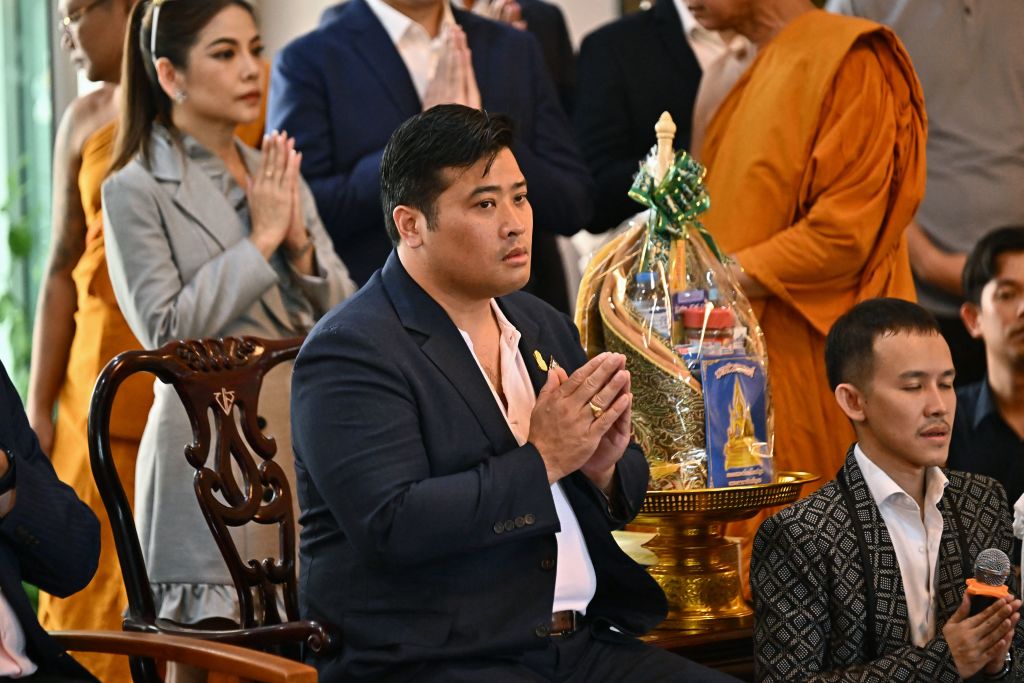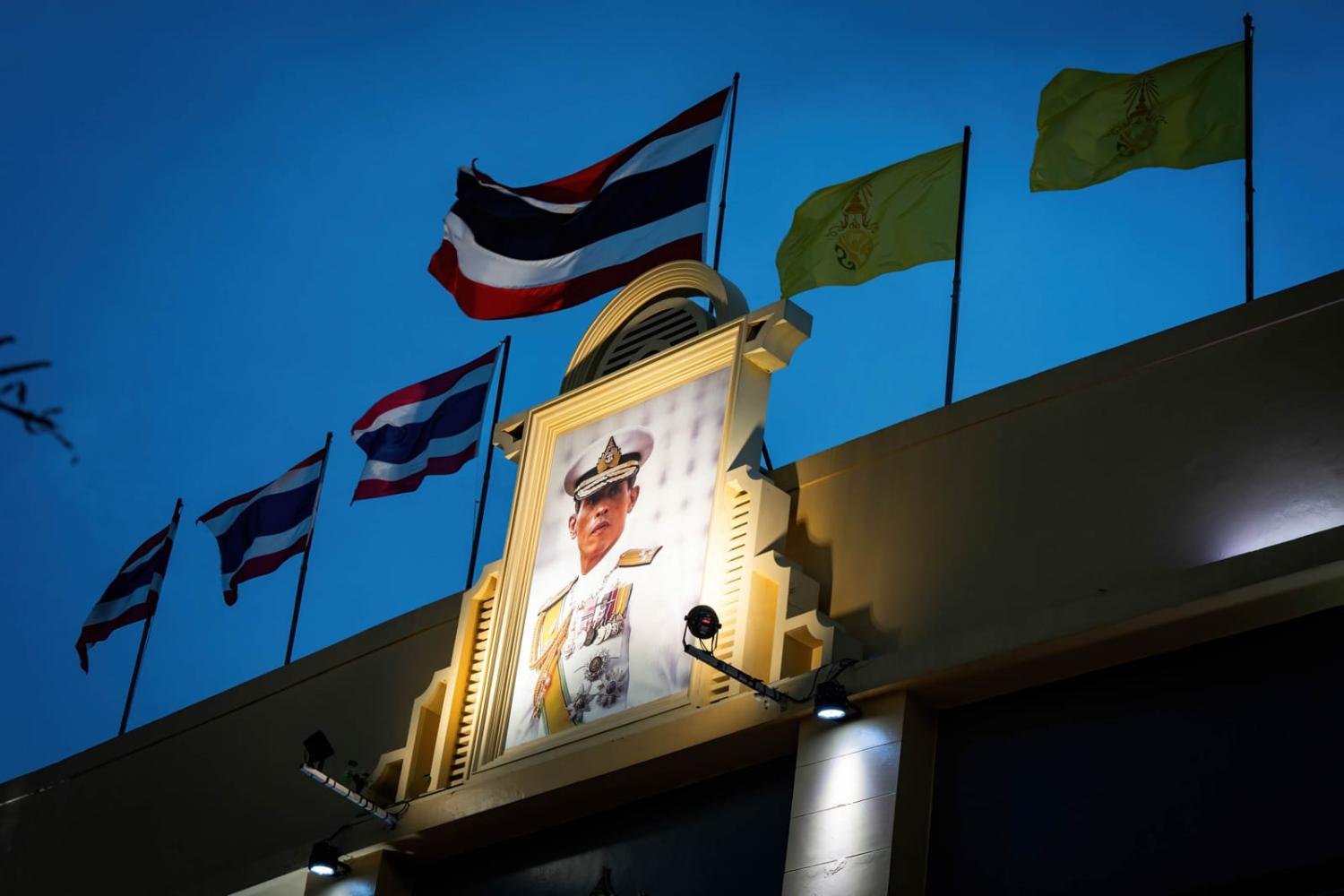Last week, two of four King Vajiralongkorn’s estranged sons made an unprecedented visit to Thailand from their homes in the United States, their first in decades.
Their presence in Bangkok represents a remarkable volte-face by the king. He disowned the four boys in 1996, stripping them of their royal titles, the United States reportedly granting them political asylum the following year.
The palace did not include the two men in royal celebrations of the 12 August birthday of their grandmother, the Queen Mother Sirikit. Nor has it commented on their presence.
However, it is inconceivable their visit would have proceeded without Vajiralongkorn’s blessing. Caretaker prime minister Prayuth Chan-ocha has always caved to his demands. In 2017, he changed the draft constitution so the king could reign while outside Thailand, even though this was contrary to existing law. In 2019, Prayuth and his ministers swore incomplete oaths of office, swearing loyalty to the King, but not to uphold the constitution. Later that year, his government went outside normal parliamentary processes to put key army units under Vajiralongkorn’s direct control.
We don’t know the reason for Vajiralongkorn’s sudden change of heart. But he may judge he now needs to look beyond his three royally-titled children to guarantee his dynasty’s survival. And his estranged sons’ visit is a pragmatic way of testing public support ahead of any formal approach.

Vajiralongkorn’s elder daughter – 44-year-old Princess Bajrakitiyabha – has been on life support since December. With the palace largely quiet about her condition, many are turning to unofficial sources such as former Reuters journalist Andrew MacGregor Marshall, who reported she had suffered a brain aneurysm and will not recover. His other officially-recognised children reportedly have their own issues.
Her half-sister – 36-year-old Princess Siriwanwaree – appears out of touch with ordinary Thais. In 2015, she sought to have an island she liked named after herself. In 2020, Thai Twitter exploded with criticism after the government barred tourist activities and fishing near popular tourist sites while she enjoyed a four-day sojourn there. The same year, she ostentatiously donated her name brand hand sanitiser during the Covid-19 pandemic. In 2022, the day after a mass murder at a pre-school nursery, crime scene tape meant to preserve evidence was removed and red carpet laid down so a wreath could be laid at Siriwanwaree’s command.
Vajiralongkorn’s only royally-titled son – 18-year-old Prince Dipangkorn – is, according to unofficial reports, autistic and “mentally challenged”. Even if true, this might not impede his ability to perform regal functions when the time comes. However, there could be a role for a trusted, relatively-young, family member to help him. In any event, given the issues facing his two half-sisters, one of Dipangkorn’s four half-brothers as a ”spare” may be a wise bet.
For their part, the four estranged sons have long stated their desire to return to Thailand. In 2016, after the death of their grandfather Bhumibol, they expressed their respect for, and loyalty to, their father as the new king on a now-restricted Facebook page.
The visit’s prominent coverage in the Thai media raises hopes of a family rapprochement. Previously, the press airbrushed the four out of reporting on the king’s family. That said, limits remain. Even now, the Thai press does not mention the other two brothers by name. And it is coy on why they have remained abroad for so long.
More importantly, were the royal connections of the four to be restored, it would give greater certainty to the reigning Chakri dynasty. The 71-year-old monarch has no acknowledged grandchildren. And there are no signs that either of his unmarried daughters will be having any in the foreseeable future, certainly not in the next few years. Absent his four US-based sons, this puts the onus on 18-year old Dipangkorn to maintain the family line.
Reintegration could be gradual, helping them – and the Thai public – to adjust. In this, Britain’s royal family could be a model. Vajiralongkorn could acknowledge his sons, while wishing them well for their lives in the United States as “non-working” royals. This would leave scope for a wide range of options going forward, and help show the king in a more compassionate, caring light.
To stay relevant in a society with changing views on the monarchy’s role, the palace has to provide continuity while being in tune with popular expectations for a constitutional monarchy. The king’s four estranged sons — educated in the United Kingdom, and living as ordinary citizens in the United States, though proud of their Thai heritage and royal family lineage — potentially have much to offer.

